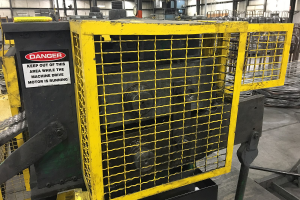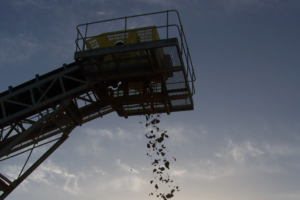Election fallout: A tough road for changes to OSH Act
This summer, when Democrats were very much ruling the roost in Congress, there seemed to be a good chance that proposed changes to the OSH Act adding protection for whistleblowers and increasing penalties would pass at least in the House.
These days, after Republicans won a House majority in mid-term elections, the prospects are much dimmer.
The changes to the OSH Act were originally filed as a bill called the Protecting America’s Workers Act. But to improve the chances of passage, sponsors incorporated the bill’s provisions into another measure that would make changes in the Mine Safety and Health Act. The thinking was that after an accident at the Upper Big Branch Mine in West Virginia that killed 29 miners, passage of changes to the mine safety law were likely to get a lot of support and the changes to OSH law could ride along.
Republicans objected to the tactic at the time and are unlikely to let the bill move forward when they take control.
Another question is how Congress will react to OSHA’s move to increase enforcement through regulatory changes. In a recent example, OSHA issued a proposed change in interpretation of the law about what is feasible for employers to do to address noise in the workplace. Since 1983, OSHA in most cases has not cited employers who used personal protective equipment and a hearing conservation program to address noise rather than engineering and administrative controls.
OSHA is now saying those controls must be put in place “if they will not threaten the employer’s ability to remain in business or if the threat to viability results from the employer’s having failed to keep up with industry safety and health standards.”
A Republican-controlled House may use its budgetary powers to rein in OSHA by attaching language to budgetary bills that includes restrictive policy provisions.


